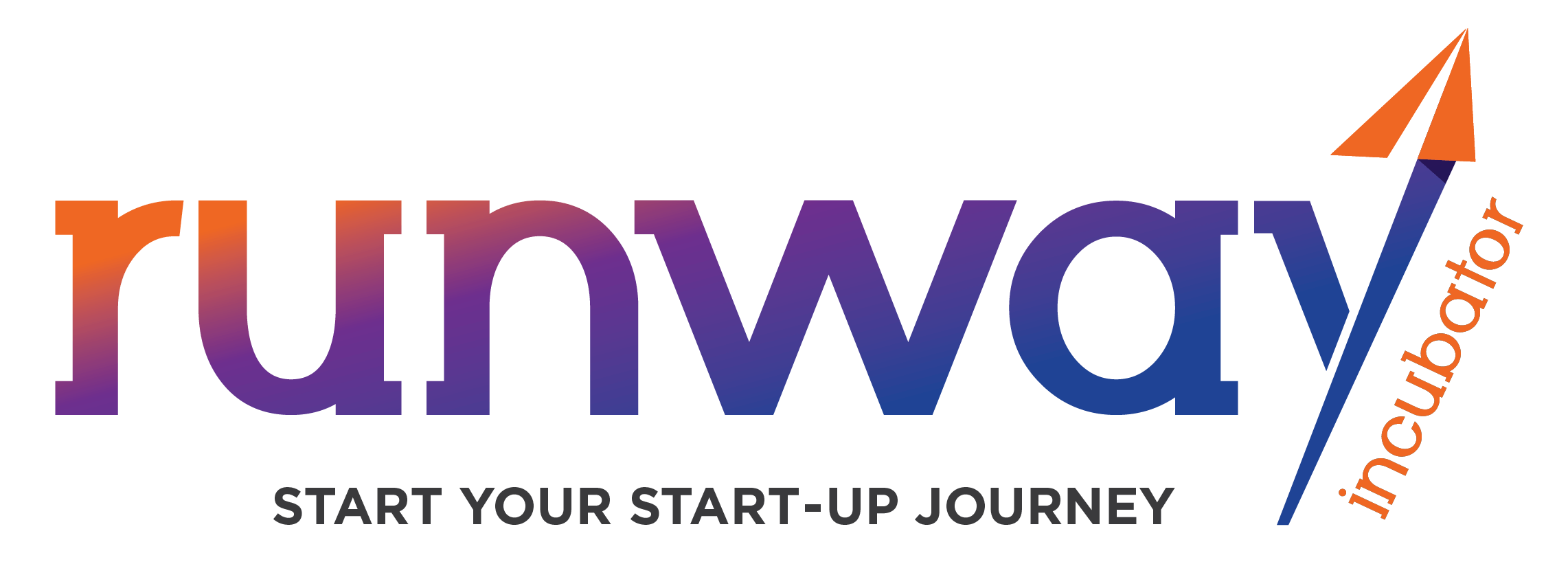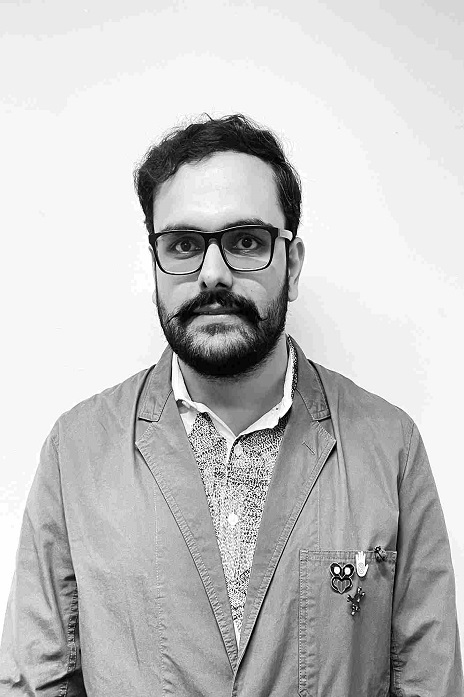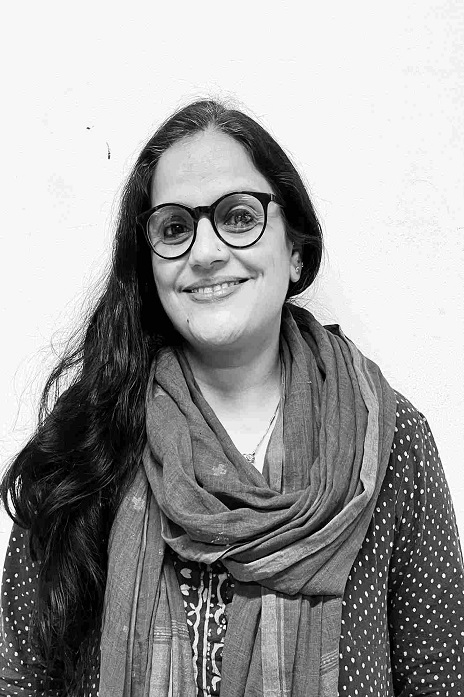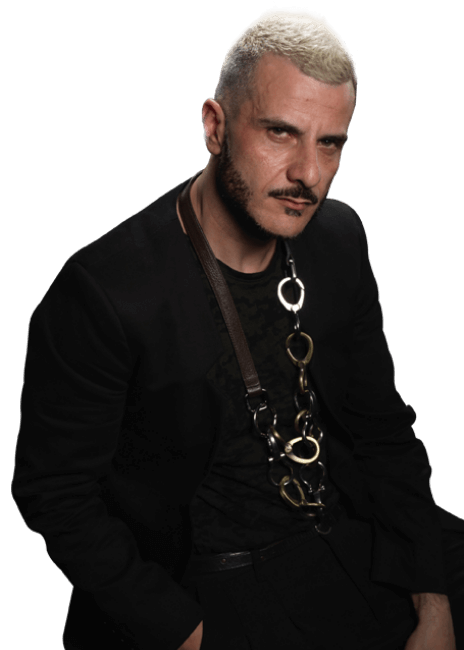Fashion Design
-
Location :
Delhi-West | Jaipur | Mumbai | Bengaluru | Delhi-South
-
Duration :
2 Years
-
Eligibility :
Graduation in any stream.
-
Certification :
PG Professional Diploma (at the end of 2nd year)
Course - Overview
Our masters in fashion design course entails a comprehensive learning about contemporary fashion through practical as well as hands-on experience. This course focuses on deep knowledge of theory, understanding the design process, creation using technology and how different services are provided in the Fashion & Lifestyle Design industry, as a business. Students learn to be responsible design thinkers with an eye on sustainability, future and are encouraged to find ways to elevate traditional textiles and Indian fashion, globally.
For a deeper understanding of the industry, this fashion design masters also encourages students to take up live-industry projects and undergo an international exchange or collaborative projects to experience design on a global scale.
What to expect:
Graduates from any discipline can join this course to learn an integrated approach to design, technical subjects with a deep understanding of the market.
Exposure to the latest technology like CLO 3D for innovating the way we communicate fashion through its true-to-life 3D garment simulation technology. From designing to pattern cutting, the students will learn to adopt an integrated approach for sustainable design solutions.
Fashion and Textile Labs are well equipped with the latest technology like 3D printing, Laser Cutting, Digital Printing, Computerized Embroidery and Knitting Machines etc.
This PG diploma in Fashion Design offers a learning experience with a key focus on design thinking, innovation, product development through conceptualization, ideation, exploration, and experimentation.
Throughout the course students will develop research and analytical abilities to understand the design industry along with the business environment and to develop value based professional competencies.
Various projects throughout this PG in Fashion Design course will provide opportunities for students to examine environmental issues, sustainable design and the circular economy encouraging them to think critically about their subject and its impact.
What is the difference between Fashion Design and Fashion Styling?
Ans: Fashion Design is about creating fashion products whereas Fashion Styling tells the story of all designed products by connecting with the audience.
What kind of industry exposure students will get during their study?
Ans: Pearl Academy provides plenty of opportunities to students for them to interact and work closely with the industry. This includes unique opportunities like participation in Fashion Weeks and competitions to display their creativity in the industry. Students are exposed to live projects on sustainability, development of designs in collaboration with the craft sector and internship or live industry projects as part of the curriculum. Industry visits are also organized for students to link their classroom learnings well with real-time environment.
Frequently Asked Questions...
Why PG in Fashion Design & Technology?
A Masters in Fashion Design & Technology will provide more specialised and in-depth knowledge and skills in the field of fashion design. Masters in Fashion Designing allows an undergraduate student to develop a deeper understanding of the industry and its trends. To acquire more advanced techniques for creating high-quality designs, a master in Fashion Designing is an important and essential course.
With a Master of Fashion Design & Technology comes better career opportunities like fashion designing, merchandising, fashion styling, curating, movie costume designing, image consultancy, teaching with an added advantage of competitive edge in job market. Moreover, Masters of Fashion Design can provide the opportunity to network with other industrial experts and professionals.
What are the subjects in Postgraduate Diploma Fashion Design & Technology course?
Students of Semester 1 will deal with visualisation & presentation techniques, contextual design studies and communication. Subjects like Design Thinking and Process, History of Fashion and Culture, Design Research and Analysis, Design and Colour Theory, Fashion Illustration and Textile Science are covered in the curriculum.
In semester 2, focus is on holistic understanding and skills of core subjects like fashion form & function, traditional textiles & crafts, portfolio development, sustainable design, Fashion CAD, advanced pattern making and draping techniques.
In semester 3, previous educational principles are being evolved to a higher, complex and sophisticated stage of understanding. Subjects include Fashion Forecasting and trend analysis, Entrepreneurship and Business Development, Design for production and portfolio development and presentation.
Semester 4 includes subjects like Dissertation, Industry Project & Collaboration. Semester 3 and 4 include two internships with one elective subject as well.
Who can join Pearl Academy Postgraduate Fashion Design course?
Pearl Academy offers Fashion Design & Technology courses after graduation at postgraduate level for individuals who aspire to become professionals in the field of fashion. The eligibility criteria for joining a Fashion Design & Technology course at Pearl Academy are as follows:
- Candidates must have completed their undergraduate degree in any discipline from a recognized university.
Additionally, Pearl Academy may conduct an entrance examination in two parts which are Design Aptitude Test (DAT) and General Proficiency Test (GPT) as part of the admission process. This is followed by a personal interview round.
Applicants are also required to submit a portfolio of their creative work showcasing their skills and abilities in design, drawing and other related areas.
What jobs can you get with Fashion Design & Technology Masters course?
A masters degree in Fashion Design & Technology can open up various career opportunities for individuals who are passionate about the fashion industry. Graduates in this course can explore job roles such as Fashion Designer, Creative Director, Textile Designer, Research Design, Fashion Merchandiser, Fashion Illustrator, Costume Designer, Fashion Consultant, Textile Technologist, Design Consultant, Garment Technologist, Fashion Entrepreneur, etc. Other than this wide variety of career paths to choose from, a postgraduate from Fashion Design & Technology can also work as assistant designer, stylist and freelance designer.
The Fashion Design industry has a strong foundation in India and is constantly upgrading. Individuals who aspire to have a career in Fashion Design & Technology have endless creative opportunities within and outside of India.
Why Pearl Academy is the best institute for Masters in Fashion Design & Technology course?
Pearl Academy is a reputed design institute with campuses in Delhi, Mumbai, Jaipur, and Bengaluru. Pearl Academy has collaborations with international universities and industry partners, which provide students with exposure to global design practices and opportunities.
The Masters in Fashion Design & Technology course at Pearl Academy is designed to provide students with a comprehensive understanding of the fashion industry, its trends and its dynamics. The course covers various aspects of Fashion Design to help gain more practical experience and develop a professional network.
Moreover, Pearl Academy has a faculty of experienced industry professionals and experts who provide personalised attention to students and help them hone their skills, making us one of the most sought-after institutes for mastering fashion design.
Curriculum
- Year 1
- Year 2
Level 1
The first semester of the fashion design course deals in laying down the basic design foundation. Students of Semester 1 will deal with the fashion design process, visualisation & presentation techniques, contextual design studies, and communication.
Level 2
This level concentrates on providing students with a holistic understanding and skills of core subjects, such as fashion form & function, traditional textiles & crafts, and portfolio development. The focus is to impart core-based knowledge and acquire relevant skills in fabric development to develop an understanding of the design process, keeping in mind the trends and the forecast.
Level 3
Students take their previous educative principles and evolve it to a higher, complex, and sophisticated stage of understanding. They engage in the application through projects – often sponsored by the industry – and, therefore, coming to terms with reality of the world in the learning space. They also learn about business studies & entrepreneurship and effortlessly integrate these design methodologies with business practices.
Level 4
This semester provides the maximum scope to design one’s own final research brief and implement it successfully. PG Diploma in Fashion Designing enables a student to achieve a very meritorious final work and to demonstrate a well-honed, highly specialized, application of significance to the chosen discipline in Fashion.
Specialisation
Location : Delhi-West | Jaipur | Mumbai | Bengaluru | Delhi-South
Duration : 2 Years
Eligibility : Graduate (Degree or Diploma) in any Discipline
Certification : PG Professional Diploma (at the end of 2nd year)
Course - Overview
The Post Graduate (PG) in Fashion Design & Technology Program equips the aspirants to explore the creative realms of contemporary fashion with a holistic learning through a process driven blend of theoretical, practical hands-on experience to function, strategize and render services to Fashion and Lifestyle Industry. The Fashion Design & Technology Course fosters responsible design thinkers with a futuristic vision to take the traditional textiles and Indian fashion to a global platform. The students will be engaged in live projects to gain understanding of the industry and also undergo an international exchange or collaborative projects to experience design with global perspectives. The learning integrates technical expertise of garment making and the process of material collation through finer aspects of design and textiles in Fashion.
This Fashion Designing course features a dynamic curriculum that fuses creative expression with technical and business knowledge to make a signature statement for its creator. Throughout the curriculum students get the opportunity to choose their area of interest for specialization. They can develop their skills and design competencies to grow as a designer for Men's Wear or Women's Wear or by choosing a particular garment category. The curriculum also focuses on combining technical expertise and contemporary practices with aesthetic skills, sustainability, branding and brand management. From writing business plans to raising financing, and learning about marketing, production and distribution, the course equips the students to develop an entrepreneurial mind-set and hone the skills needed to develop new start-ups.
Curriculum
Year 1 The Social Responsibility; Tools Fundamentals + Fashion Visualization; Design Elements; Project Fundamentals + Skills Transfer; Fashion Vs Clothing; Fashion Making; Studio Fundamentals + Materials and Textile; Project Fundamentals + I want vs I need
Year 2 From Boutiques to Brands; International Lab Module/ Industry Project; Tools 3: Relative to Area of; Tools 4: Relative to Area of; Professional Practice; Digital Fashion; Double Project
Career Path
Our 360° comprehensive learning-based model opens up multiple avenues and opportunities for students.
- Fashion Designer
- Fashion Strategist
- Garment Technologist
- Retail Buyer
- Creative Heads for Fashion and Lifestyle Product
- Fashion Consultants
- Data Analysts & Researcher
- Fashion Merchandisers
- Consumer Behaviourist
- Fashion Entrepreneurs
- Fashion Educator
Location : Delhi-West | Jaipur | Bengaluru
Duration : 2 Years
Eligibility : Graduate (Degree or Diploma) in any Discipline
Certification : PG Professional Diploma (at the end of 2nd year)
Course - Overview
The Post Graduate (PG) in Textile Design Program provides a broad intake of graduates from any discipline to imbibe an integrated approach to design and technical subjects of textile with a thorough understanding of the market. The basic aim of the course is to provide a functional understanding of Textile Design and its application in commercial context. Understanding of materials (conventional and futuristic), sustainable processes, tools and techniques (both traditional craft and contemporary practices) help students to create an awareness of both local and global contexts that affect design and production parameters.
The curriculum also help students to develop a personal style and vision to become a successful professional and to pursue careers in the textile industry, mill sector, export houses, home furnishing sector, fashion design houses, craft clusters and also to set up their own ventures. Throughout the curriculum students get ample opportunities to choose their area of interest for specialization in Weaving, Knitting, Printing, or embroidery.
The Textile Designing course curriculum equips the aspirants to explore the creative realms of contemporary textiles in the cultural context thereby broadening the horizons of traditional understanding of textiles. The Professional PG Diploma in Textile Design Course fosters responsible design thinkers with a futuristic vision to take the traditional textiles to a global platform. The students will be engaged in live projects to gain understanding of the industry and also undergo an international exchange program to experience design with global perspectives.
Curriculum
Year 1 Textile World Map - Surface 1; Printed & Painted Textiles; Colour & Composition; Globalization of Traditional Art forms; Textile World Map – Structure 1; Design of Fabrics; Patternalia; Product to Design Product
Year 2 Textile World Map – Surface 2 ; Relative to Area of interest – Structure (Weaves & Knits); Relative to Area of Interest Surface (Print & Embroidery); International Weeks and International Experience; Textile World Map – Structure 2; Material Design; Double Project: Institute + Industry
Career Path
Our 360° comprehensive learning-based model opens up multiple avenues and opportunities for students.
- Textile Designer (Weaving, Knitting, Printing or Embroidery)
- Textile Technologist
- Retail Buyer
- Creative Heads for Textile or Fashion Units
- Fabric Coordinators
- Design Consultants
- Design Researcher
- Freelance Textile Designers
- Textile Entrepreneurs
- Design Educator
Faculty
Our faculty members are the strongest pillars of our 30 years of creative impact. These mentors are life-long learners, eager to dedicate their lives to create a change for a better tomorrow. They nurture creative minds and bring out the best in them over the years. Every student at Pearl is transformed into extraordinary leaders with the help of their support, guidance and mentoring. They and our students together make us who we are. Take a look at these geniuses.
- Message from Dean
Career Path
Our 360° comprehensive learning-based model opens up multiple avenues and opportunities for students.
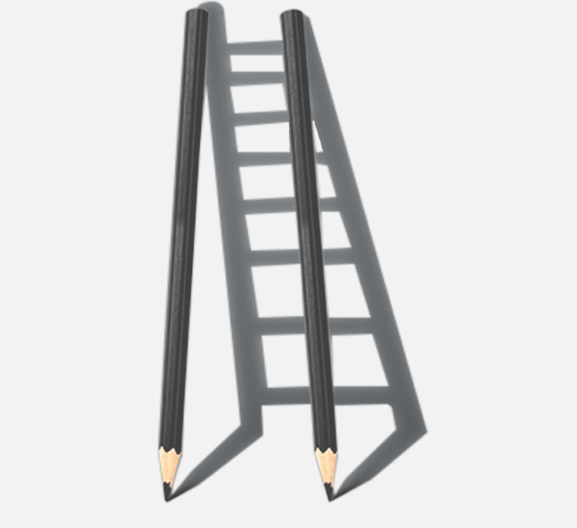
-
Assistant Designer
-
Stylist
-
Visual Merchandiser
-
Freelance Designer
-
Design Consultant
-
Entrepreneur

